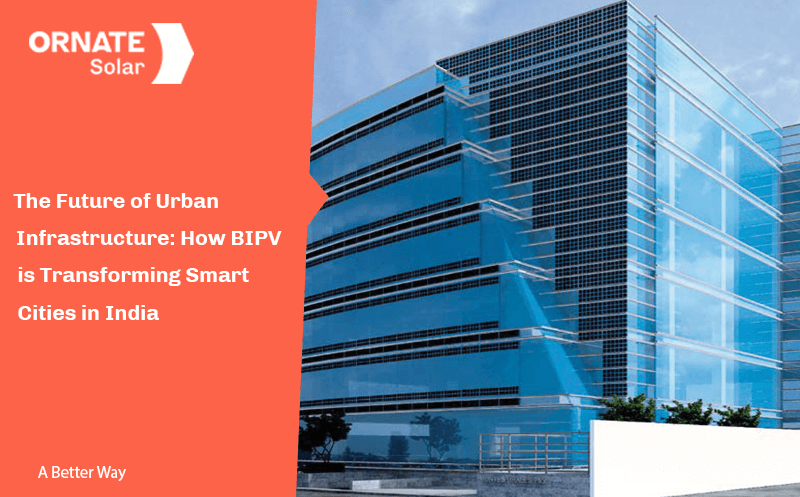

As Indian cities race toward a sustainable future, a quiet revolution is transforming the skyline—Building-Integrated Photovoltaics (BIPV). Imagine windows, walls, and roofs not only shielding you from the elements but also silently generating clean energy. From New Delhi’s pioneering net-zero offices to Mumbai’s high-tech datacenters, BIPV is lighting the way for smarter, greener cities. With India targeting 500 GW of non-fossil energy by 2030 and net-zero emissions by 2070, BIPV adoption is set to play a key role in achieving sustainable urban development.
What is BIPV?
Building-Integrated Photovoltaics (BIPV) are solar modules directly integrated into the building envelope, including façades, roofs, skylights, and windows. Unlike traditional solar panels, BIPV replaces conventional construction materials, serving a dual purpose: structural functionality and energy generation.
Key Features:
- Seamless architectural integration
- Energy generation while maintaining aesthetics
- Available in colored, semi-transparent, and bifacial modules
- Compatible with AI/IoT smart energy management systems for real-time monitoring
Recent Technological Advancements:
- Perovskite and Perovskite-Silicon Tandem Cells: Lab efficiencies exceeding 33%
- Transparent Quantum Dot Solar Windows: Ideal for skylights and glass façades
- Bifacial Modules: Capture sunlight from both sides to increase energy yield
How BIPV Supports Smart Cities in India
1. Energy Efficiency & Reliability
BIPV generates electricity on-site, reducing dependence on grids, minimizing transmission losses, and improving energy security. These systems help cities withstand blackouts and natural disasters.
2. Sustainability & Net-Zero Goals
BIPV significantly reduces carbon emissions and supports net-zero building initiatives, contributing to India’s climate commitments.
3. Economic & Aesthetic Value
Buildings with BIPV installations enjoy lower electricity costs, higher property values, and enhanced visual appeal, making them attractive to environmentally-conscious occupants.
4. Smart Infrastructure Integration
When combined with IoT-enabled smart grids, BIPV allows real-time energy monitoring, predictive maintenance, and intelligent energy distribution.
Indian BIPV Success Stories
1. CtrlS Datacenters, Navi Mumbai
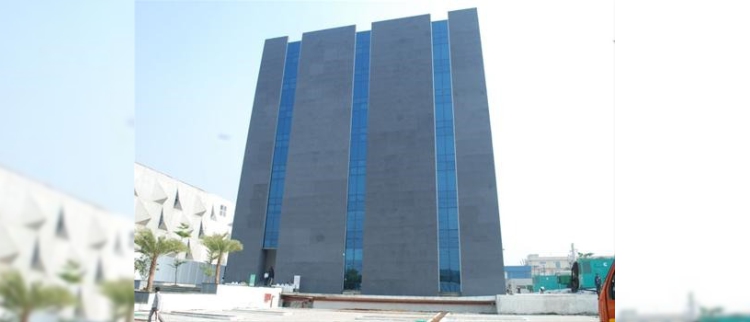
India’s largest BIPV installation, this high-tech datacenter uses a 863 kWp BIPV façade integrated with modern modules and power optimizers. The installation covers roughly 7,500 m², providing a significant portion of the facility’s electricity needs while demonstrating large-scale commercial feasibility.
2. Indira Paryavaran Bhawan, New Delhi
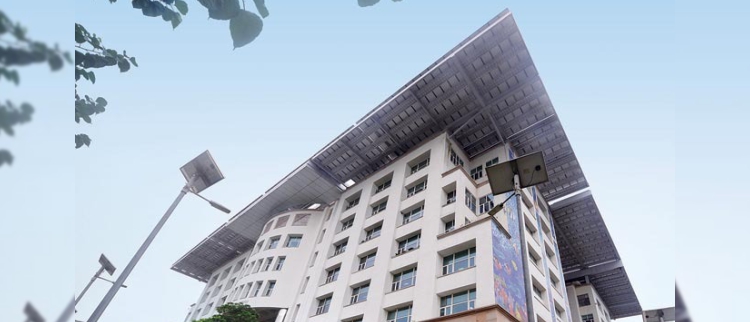
A 930 kWp BIPV system spread across 8,000 m² of roof and façade, achieving net-zero energy consumption. This government building integrates energy-efficient lighting, HVAC systems, and advanced water management, setting a benchmark for sustainable architecture.
3. CII-Sohrabji Godrej Green Business Centre, Hyderabad
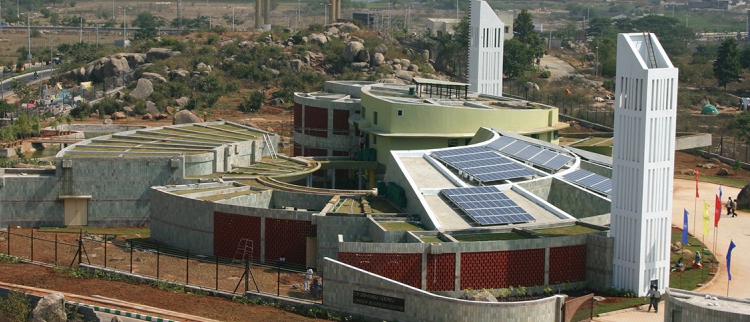
Features 150 kWp BIPV panels on façades and skylights covering around 1,500 m², generating clean electricity while supporting green building certification.
4. DLF Cyber City, Gurgaon
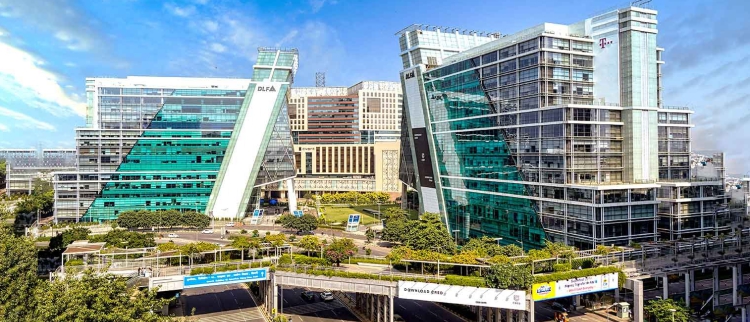
Incorporates semi-transparent BIPV panels over 2,500 m² of building façade, generating 200 kWp annually, providing partial electricity, and blending aesthetics with renewable energy production.
5. Renewable Energy Museum, Kolkata
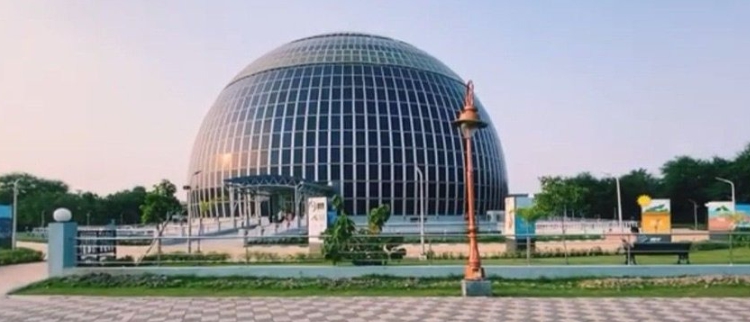
Serves as an educational showcase for BIPV technologies, highlighting the integration of solar modules in public and institutional buildings.
Challenges & Opportunities in India
Despite its potential, BIPV adoption faces hurdles:
- High upfront costs and dependence on imported modules
- Limited local manufacturing and technology standardization
- Maintenance and cleaning challenges
- Lack of awareness among building developers and policymakers
Opportunities:
- India’s BIPV potential is estimated at 309 GW, with growing interest from commercial and institutional developers
- Smart city initiatives and net-zero policies are creating incentives for adoption
- Advances in AI, IoT, and perovskite-based modules are making BIPV more efficient and cost-effective
Future Outlook
The BIPV market in India is poised for rapid growth. By integrating smart, energy-efficient technologies into urban infrastructure, BIPV is enabling cities to:
- Meet rising energy demands sustainably
- Enhance resilience and grid stability
- Promote aesthetic and functional architecture
- Achieve national renewable energy targets
With increasing government incentives, advanced technologies, and high-profile projects, BIPV is set to become a cornerstone of India’s smart city transformation.
Common FAQs
Conclusion
BIPV is transforming India’s urban infrastructure, offering a perfect synergy between architecture, energy generation, and sustainability. As more cities embrace smart technologies and renewable energy, BIPV will play a pivotal role in shaping the future of sustainable urban living.
About Ornate Solar
Ornate Solar is a leading solar company with 10 years of experience in the industry and the mission to reimagine the way solar is installed worldwide.
By not only partnering with the best-in-class solar brands but also developing our high-quality solutions (panels, inverters, accessories, InRoof), we develop and deliver solutions that are modern, reliable, and effective.
If you are looking for high-quality solar solutions, reach out to us at 1800 2026 252 to discuss your options.


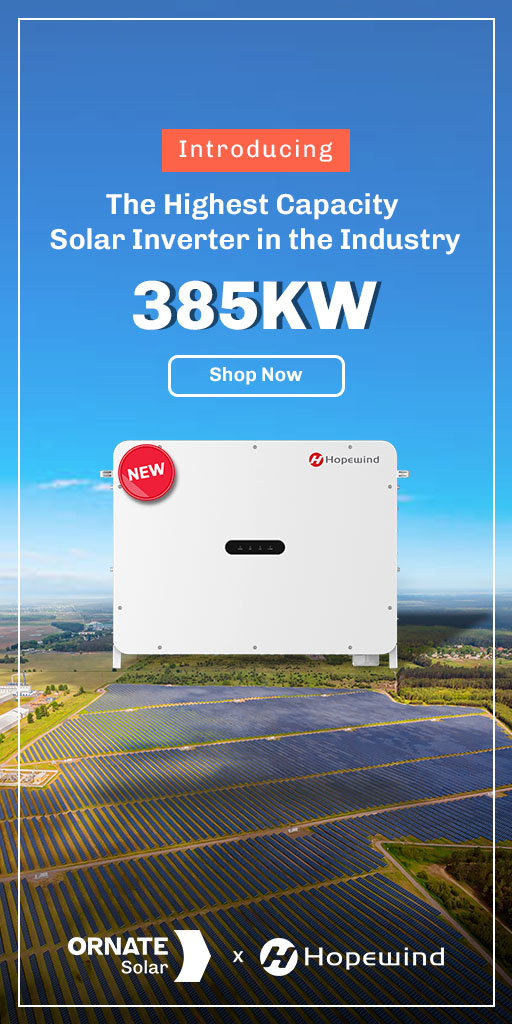




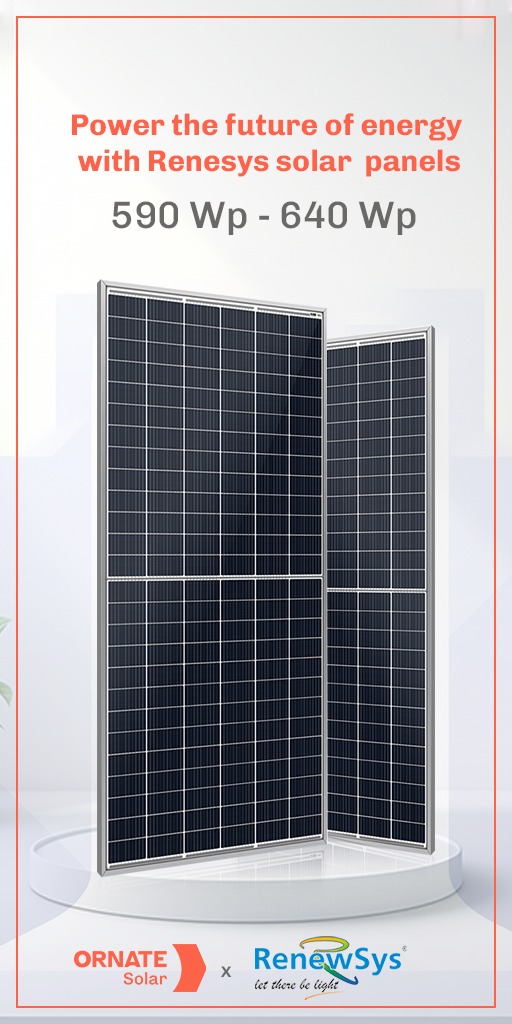

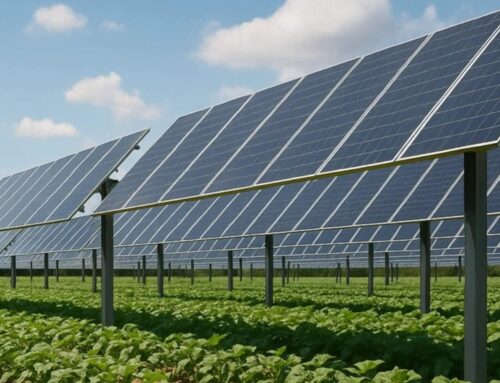
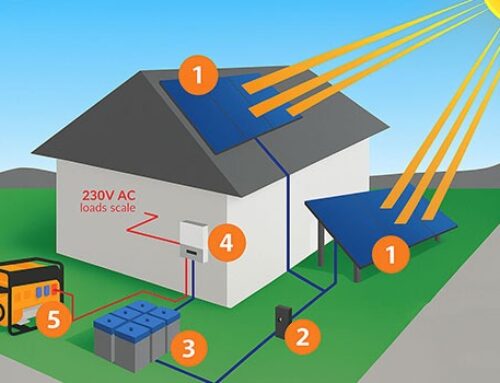
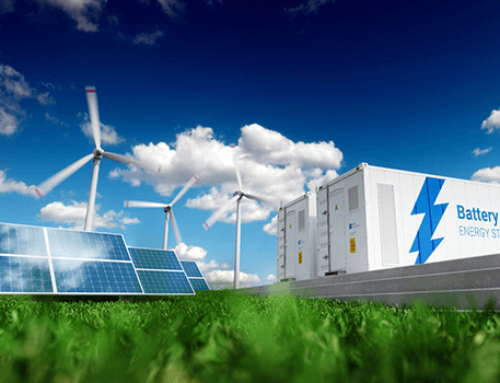
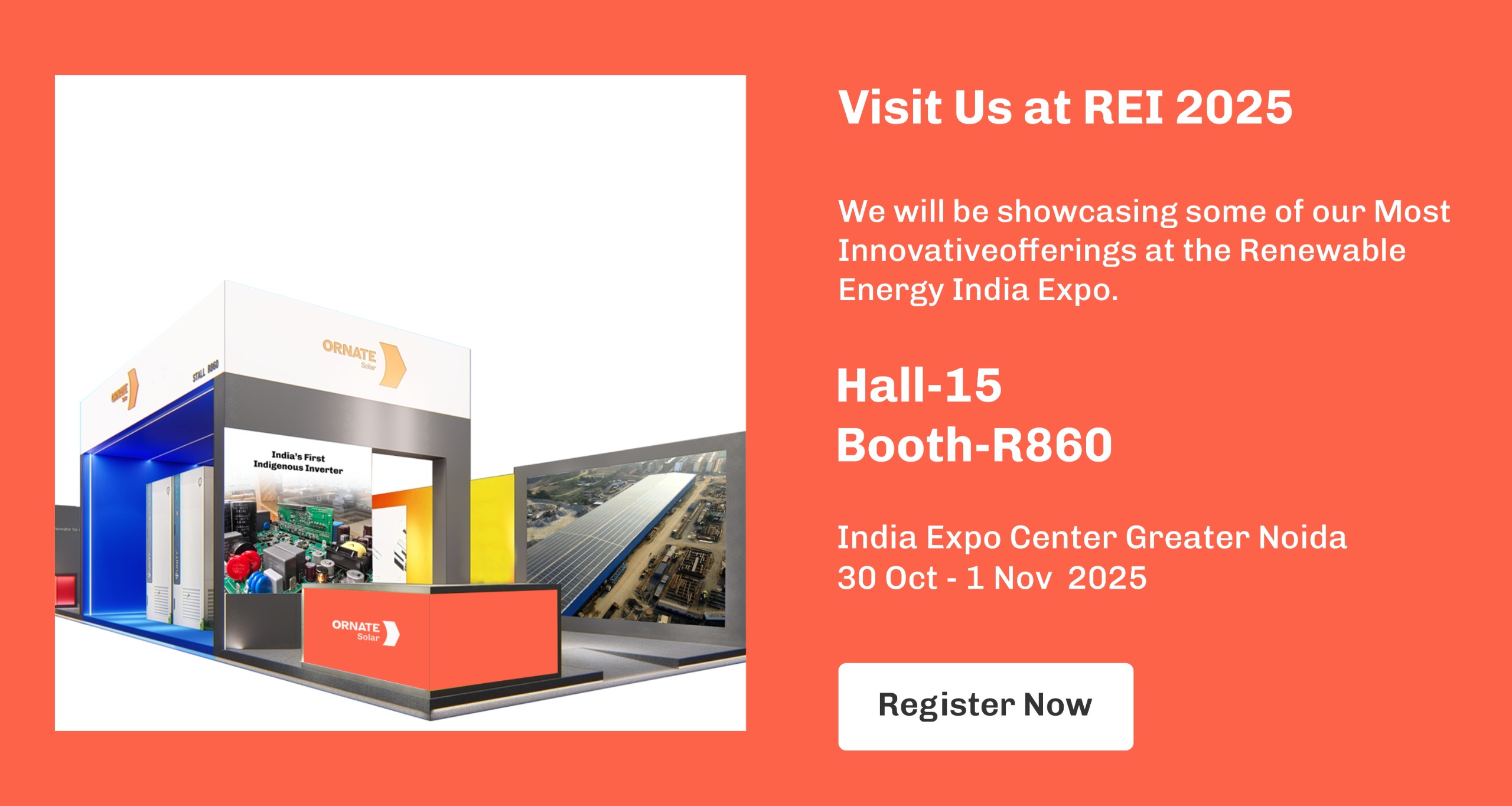
Leave A Comment